Tina Horn | April 2, 2025
Sol Brager, author of Heavyweight: A Family Story of the Holocaust, Empire, and Memory (William Morrow, 2024) spoke with author and educatrix Tina Horn in late 2024 about the creation of their ink-washed paperback and the curiosity and queerness it took to make it.
Heavyweight provides a deeply researched look into layers of trauma and perception. While the icy shadow of the Holocaust so readily calls to cover the modern Jew in victimhood, Brager’s work discusses identity as who you are, not what you’re told.
-ed.
 Solomon J. Brager, photo by Elle Pérez
Solomon J. Brager, photo by Elle PérezTINA HORN: Hey Sol! Mazel tov on the completion and positive reception of Heavyweight. I asked a dear friend of mine (another Jewish queer, imagine that) what she wanted to ask you after reading the book, and she sent me this link to an article about something called Auschwitz beach reads. So first of all, please give us your take on this phenomenon.
SOL BRAGER: I haven’t heard that exact characterization but I know exactly what she is talking about, and I am grimly aware of the abuses of writing about the Holocaust–of course there’s the phenomenon of writing about the Holocaust that, intentionally or not, reproduces a dominant narrative that centers Jews as eternal victims and then uses that narrative to justify Israeli policy and Jewish supremacy as a form of self-defense. The stakes are actually pretty high! The genre of the “Auschwitz beach read” participates in this from a pop-culture angle I think. These books take a kind of schlocky, indistinguishable narrative and insert it into a historically important setting so people feel like they’re learning something true about history or they’re reading something more elevated than a Harlequin romance. The publishing industry churns these books out, they catch the scent of a successful trend and all of a sudden you have hundreds of the same book, they all have the same cover, like train tracks and someone gazing into the distance holding a suitcase and some smoke, maybe barbed wire and a Jude star, and they’re all like “love got them through the camps.” This isn’t unique to the Holocaust, there’s the antebellum version, for example. This also spreads through genres, like Nazi vampires or Nazi witches or whatever. You and I have talked a lot about the eroticization of fascism and I think it’s also important, especially with Auschwitz beach reads in the romance genre, to think about why people are so attracted to books about the Holocaust, the sort of fascination people have with the death camps that borders on the scopophilic.
Now, comic books and “cartooning” have long been considered low-brow (in the vein of Sam Delany’s concept of the “paraliterary, ie porn, sci-fi, romance, detective fiction), if for no other reason than their perceived “readability.” And one of the inarguable texts that changed that perception on a global literary scale was, of course, Maus. Do you think there’s something to grappling with such heavy topics as family trauma and Holocaust history (the fascism of family? the family of fascism?) using a medium that is perceived as lowbrow or even “fun” as comics, or are you more in the legacy of Maus, which long since changed all that?
 Listen, I love the low-brow–to not leave behind the Auschwitz beach read for a second, my problem with them is that they’re not interesting, not that they’re disrespectful, and that they’re pretending to be serious. I’m more interested in those deeply problematic Nazisploitation paperbacks, honestly. Regarding the transition from the like, “ten cent plague” to comics as literature, I can’t deny that Maus changed the perception. You know, Spiegelman first published part of that comic in RAW in 1980, the first book came out in 1986– I was born in 1988. Which is to say my experience of comics was entirely shaped in a post-Maus world. Maybe a big change that I’ve seen over the course of my comics experience is the push-back against the idea that there is a separation between work we should take seriously– the graphic novels– and these low-brow comics that aren’t worth examination or study. I’ve seen a lot more serious study of everything from EC Horror Comics to Marvel to newspaper funnies… When you look at Maus in relation to comics that are about other things, they’re using the same strategies, and obviously the same syntax. Maus is incredibly funny, and irreverent, which I think gets lost in the way it moves through Holocaust educational spaces. In my work, I’m using the syntax of comics, and I’m drawing on the history of comics, inclusive– I think unfortunately I’m a very serious person broken by spending too much time in academia but I hope I also have been irreversably twisted by reading so many comics. There are gags and digressions in Heavyweight that I wouldn’t have been able to do in a non-fiction prose version of the project, but that felt crucial to being able to tell the story the way I wanted to. It had to be a comic.
Listen, I love the low-brow–to not leave behind the Auschwitz beach read for a second, my problem with them is that they’re not interesting, not that they’re disrespectful, and that they’re pretending to be serious. I’m more interested in those deeply problematic Nazisploitation paperbacks, honestly. Regarding the transition from the like, “ten cent plague” to comics as literature, I can’t deny that Maus changed the perception. You know, Spiegelman first published part of that comic in RAW in 1980, the first book came out in 1986– I was born in 1988. Which is to say my experience of comics was entirely shaped in a post-Maus world. Maybe a big change that I’ve seen over the course of my comics experience is the push-back against the idea that there is a separation between work we should take seriously– the graphic novels– and these low-brow comics that aren’t worth examination or study. I’ve seen a lot more serious study of everything from EC Horror Comics to Marvel to newspaper funnies… When you look at Maus in relation to comics that are about other things, they’re using the same strategies, and obviously the same syntax. Maus is incredibly funny, and irreverent, which I think gets lost in the way it moves through Holocaust educational spaces. In my work, I’m using the syntax of comics, and I’m drawing on the history of comics, inclusive– I think unfortunately I’m a very serious person broken by spending too much time in academia but I hope I also have been irreversably twisted by reading so many comics. There are gags and digressions in Heavyweight that I wouldn’t have been able to do in a non-fiction prose version of the project, but that felt crucial to being able to tell the story the way I wanted to. It had to be a comic.
Also– Heavyweight was published straight to paperback, no frills, no french flaps, no end papers. It fits in your pocket. You can dog-ear the pages without feeling like you’ve destroyed a high-end, expensive art book. There was some aesthetic sacrifice there, but the book is accessible, it’s materially low-brow, it’s affordable, and I’m kind of proud of that.

Another Maus question for you. So, I recently attended Cartoons Crossroads Columbus, where Spiegelman was one of the guests. And it reminded me that the last time I’d seen him speak was 2002 or so at a bookshop in my college town, where the usual policy against smoking inside was lifted because he would not appear in public if he wasn’t allowed to smoke. Lauren McCubbin, one of the CXC organizers, assured me he still has that policy twenty years later “except now, he vapes.” And indeed, I watched Spiegelman vape constantly on stage for an hour in Columbus. So my question for you is: if Heavyweight gives you a level of prestige that Maus did to Spiegelman, what vice would you like special consideration to be allowed to do, guilt and consequence free?
Tina this is an amazing question, ha! I have only very boring vices and very little prestige. If this is limited to public vices during book events, I think probably I would like to slouch and drink a cocktail while being able to converse directly with the audience? Oh and to bring my dog everywhere, which low key is already happening. I’m the guy at the comics fest with the chihuahua.




You put your dog, Pony on the cover of the book, so he’s canon! Ok, can you expound on what makes you so obsessed with researching and archiving your own family? What is specifically Jewish, American, 21st century New Yorker, gay, trans, about investigating your personal family history in the context of global conflict?
I’m working on a project now where I’m researching someone else– thinking about it, he actually does have some things in common with my great-grandfather, who was the object of my obsession in Heavyweight. Namely, he is super masculine, hot, and dead. I suppose I’m getting a little closer in terms of identification because at least he was gay! But this project is shaped by the fact that this person was a public figure and I’m not related to him. Unlike my great-grandfather, his scrapbook and dozens of photos of him are not in my grandparents attic. One interview with him, I had to find the magazine on AdultStuffOnly.com. This is to say, maybe I’m actually just obsessed with researching and archives, I have a classical gay obsession, I’m a normal gay hoarder. Everyone is forced to relate to their families in some way– I think for me to be totally candid I either would have had to divest from them or interrogate them. To make your family an object of study is a strategy of distancing, that also brings you much closer to them.

When I started working on Heavyweight the one thing that I knew for certain was that I was going to try to position my family story into a larger history of violence. This is sort of returning to the Auschwitz Beach Reads question, but we’re in this moment where the Holocaust continues to have a huge cultural hold, and also a huge hold on the descendants of survivors, but we’re increasingly temporally removed from it. When I was working on the book, I rented an art studio in Bay Ridge, in Brooklyn, and every day I had to drive past this billboard that said something like, ““It’s only been 75 years since the gas chambers… so no, a billboard calling out Jew hate isn’t an overreaction.” At this point I think a lot of us are really familiar with this billboard campaign, which is absolutely in bad faith. But it begs the question– 83 years after my great-grandmother’s relatives died in Auschwitz, what is my relationship to the status of victim, or survivor, or to the circumstances that created Auschwitz, much less to everything that happened after? I’m not a third or fourth generation survivor, I don’t need my neighbors to hide me in their attic, I don’t need to be reminded about the gas chambers every morning on my drive to work. But I wanted to understand how both the actual events and the abuse of the memory of those events shaped me. I talk about this in Heavyweight– I was exposed to Holocaust education throughout my K-12 experience, and in college– and yet I didn’t learn about European colonial genocides, like the genocide of the Herero and Nama people in what is now Namibia, until I was in a doctoral program. And that was incidental, I had to stumble on it. That’s changing after a lot of activism, but I wanted to be part of a movement where students weren’t coming into my college classroom thinking the Holocaust emerged from the ether as some sort of ruptural, primordial evil, or that antisemitism is some sort of unique timeless hatred. I want Cesaire’s conception of the boomerang effect to be part of the mainstream discourse. So I put it in a comic.
How can queer anti-Zionist art make a difference in the current genocide being waged in Palestine? How do you want Heavyweight to be received by American Jews, both pro and anti Zionist?
This is a great question– before the escalation in Gaza in the fall of 2023 I was really committed to the idea that the role of Jews in relation to Palestine was to slowly peel away at the hold Zionism has on American Jews, and to rebuild a version of Jewish life that was, not just in opposition to Zionism, but that was apart and outside of Zionism. Political Zionism, much less the settler colonial project of Israel, is relatively young, compared to Judaism it's a brand new, failed experiment, and it's time to leave it behind. My anti-Zionist art has always been about modelling this kind of Jewish future, drawing on Jewish history that has been buried or sidelined by the mainstreaming of Zionist narratives. I still think that for the sake of Jewish futures these projects are important, but I don’t think its crucial for Palestine, and certainly isn’t the concern of Palestinians. I’ve been thinking a lot about this distinction, between the project of building alternative Jewish life and the project of being in solidarity with Palestinian liberation and an end to genocide. The genocide happening now isn’t about what did or could happen to the Jews, and I don’t think anti-Zionist art (especially by some random American Jew) is going to be what finally turns the tide. It’s going to be Palestinian-led organizing and resistance, of course. But the art, I guess, will make whatever small difference it makes, whether it’s material fundraising for mutual aid or providing some sort of balm or outlet to help us keep fighting and not burn out.

I of course wrote Heavyweight before October of 2023, but its a book about growing up with people who survived genocide, and grappling with the weight of history– both the close history of your family continuing to be shaped by trauma, and the understanding that family history can preclude looking at the world with this wider lens, to see the ways that one might be participating in or complicit in violence against other people. I hope that the book contains a useful thesis and hopefully an interesting story and some decent art, for all readers, but I knew it would attract a Jewish audience. For anti-Zionist Jews, I’m already getting the sense that people are finding a lot of affirmation in Heavyweight, or an articulation of ideas that a lot of us have been grappling with, particularly we Jews who grew up Zionist and have had to continuously extricate ourselves from that racist ideology. For Zionist Jews, I hope the book contains something of a challenge and provocation– who do you think you are in this book? Are you placing yourself in the position of the protagonists, the family that has displaced, that are refugees, that are under threat of death as a demographic threat, that have lost everything? If that’s who you identify with, are you in that position yourself, right now? If not, are you acting in solidarity with those who are? Are you providing aid, comfort, are you fighting for the survival of those who are actively being murdered every day? Or are you in league with the murdering state, the supremacist project, the producers of death?
At the risk of being self-aggrandizing, every time I recommend your book to a friend, they say, “Oh, that’s the person who did that episode of your podcast I love about the fetish aesthetics of fascism!” It’s true that in early 2020, when you were developing Heavyweight, you and I podcasted about the thorny topic of fascist fetishism. At the time you said “That’s the sex appeal of fascism: the desire to be violated. To be cut through like butter and spread. Fascism is sexy because it’s sexy and comforting at the same time, because you don’t have to make any decisions.” The sartorial overlap between leather queers and fascists (to say nothing of punks and fascists!) is an ongoing topic of controversy; the most recent scandal being International Mr Leather removing Durk Dehner as one of its judges because Dehner (a cofounder of the Tom of Finland foundation) has been photographed wearing Nazi symbols. Let me put it to you this way: with everything you know about fascism in the 20th and 21st century, if I came to you and said “Hey, I have this regalia that I really want to wear to a leather event, but I’m worried people will get the wrong idea that I’m a Nazi!” how would you advise me? Is there any way for a queer leather person wearing fascist symbols to be defensible?
As you pointed to from our conversation, I find the appeal of fascism to be understandable– it’s about the display of overwhelming power and force, and when you’re a subject of that power, you feel protected, you’re swept up. The problem with fascism is that its an empty container– there’s no actual care or belief outside the violent exercise of power. Which both means that fascism can’t protect you and in fact that you will be victimized by it even if you’re a participant. I talk about this in Heavyweight a little bit through the sport of boxing–boxing is a great analog to participation in kink, because it’s controlled violence, it has a setting, costumes, rules. You have to trust your opponent to take care of you even as their goal is to hurt you. Fascists loved boxing but they didn’t understand it, because the thing they loved about it was the violence and asserting supremacy, which is the most shallow understanding of what happens in the ring.

Regarding regalia, I understand the ways in which all kinds of fascist uniforms or signifiers end up in kink spaces, because people are playing with power, and transgression, and that being scary can be extremely hot. But first of all, I wouldn’t trust someone in Nazi regalia to not actually have some sympathy for Nazi beliefs, and second of all, I would have a lot of questions about their understanding of the relationship between symbols and ideology and practice–what are you signifying here? What does it say about your understanding of the relationship between power and care? Leora Fridman also published a book about this somewhat recently called Bound Up: On Kink, Power, and Belonging–just to index. If you came to me and said “Hey, I have this regalia that I really want to wear to a leather event, but I’m worried people will get the wrong idea that I’m a Nazi!”-- I would ask you, “What about this regalia is appealing to you? How does it make you feel and why?” And then further, “How do you want to be received in leather spaces? Who do you want to draw towards yourself?” If you show up in Nazi stuff, you’re flagging Nazi, and you’re going to get cruised by Nazis. If you’re not a Nazi, wear literally anything else. Find something that makes you feel hot and scary and doesn’t activate a bunch of historical trauma for a bunch of non-consenting attendees of a public event. And if you are a Nazi, you’re probably going to get beat up in a not-fun way and I support that, or ostracized, which you would deserve.
I remember this project beginning as being focused on your great-grandfather Erich the boxer (thus the wonderful pun of the title) which at the time made me think it might be more in conversation with Thomas Page McBee’s Amatuer about trans masc identity and boxing. How did the scope expand and contract during the process?
I’m not familiar with that memoir, I should check it out! When I started the project I wasn’t planning on talking about being trans at all. My publisher wanted me to include some conversation of trans identity, beyond my original “by the way, I’m trans and that’s why I’m wearing a giant bow in this photo of me when I was five.” The main reason I’m glad I did it at all is because it led to me including the home movie at the end, where (minor spoiler) my great-grandfather goes back to Europe after the war and, on the same reel as his kids riding horses in the Pyrenees, films a sex worker doing a strip tease in the bombed out ruins of some German or French city. It did lead me to thinking about my identification and distancing from his brand of heterosexual hypermasculinity. I love boxing but it’s never been about performing my own masculinity for me, probably because I am not particularly masculine. As the ghost of my great-grandfather reminds me when we converse in the book (sorry, another minor spoiler). I also honestly was thinking about my great-grandfather’s boxing career as a hook more than the main focus of the book, in part because when I started it I had almost no information about his boxing career. I learned a lot while I was writing, but certainly not enough or nothing compelling enough for me to want to write an entire book about boxing or trans masc identity. My own love affair with boxing was basically over by the time the book got picked up by a publisher, because of injuries and not being able to afford a gym etc. I always want to get back into it and am quickly reminded that I am no longer 25 and my joints are held together with spit and a prayer.
As you know, I’m a comic book writer, but I can’t draw for shit. So my script writing is all about dialog and narrative structure and captions, yes, and also conveying what’s important to me visually while staying in my lane and respecting my visual collaborator. So please talk to me about the process of writing for your own drawing. Do you think of yourself as a writer and visual artist in terms of two separate crafts, or is the creation unified panel by panel?
I am contractually obligated to tell you that everyone can draw and all art has important value. And also, one of the things I most love about your work as a comics writer is that you have incredible taste in visual collaborators and also have a ton of respect for their work. Far too many comics writers treat artists as sub-contractors who are just producing their visions. Or aren’t thinking about the art as a crucial part of the meaning of the work, just as illustrations backing up the text. My training is in writing– I started out studying poetry and journalism and for a long time mostly produced academic writing. I taught myself how to draw and feel like I’m still learning how to make comics. The more comics I make, the more I find the words and images to be inseparable parts of one project. When I started working on Heavyweight I thought I was going to write a script and then thumbnail it, but pretty quickly I started doing large thumbnails into pencils right away, because I started thinking visually. I’m really happy with that development, except that I supposedly need to write more academic prose to eventually maybe have stable employment and now I only think in pictures and speech bubbles.

What is an indispensable part of your process without which the entire thing would crumble to pieces? What did you learn the hard way through making this particular book?
Is procrastination an acceptable answer? Or lets call it: fermentation time. I need like days upon days to just think about how something is going to look while sort of playing around or doing additional research that may or may not end up in the thing, or just going back and forth on whether something is going to be ink or graphite or digital, or if I’m going to use a hunt crowquill or kakimori nib.
Making this particular book, I learned… everything. A lot of the things I learned were about publishing and book production–I didn’t realize that I would have no control over things like, the quality of the paper or how black the ink was, or frankly that I would care about those things. There are a bunch of things that probably I would draw totally differently if I was going to re-do them. One hilarious thing is that I couldn’t keep in my head how big children are, for some reason, so I think the children in the book look really small, for the core of the action my grandfather is 4 years old. My niece is 4 now, and she’s huge! I made a ton of mistakes. Like, I used a non-photo blue pencil and then my publisher had my pages scanned for by a third party and sent me the files in black and white so I had to go in and digitally erase all of those lines. I hand-lettered the whole book which killed my hand and made editing the text really hard (also I didn’t put the text on a separate layer). I also didn’t think carefully about which pages were facing other pages in the book, I did some zhuzhing to make sure the crucial ones like two-page spreads were okay, but it could have been better. The best advice I got probably was to work on the book out of order. I think a careful observer can figure out which pages I drew first, but thank goodness: they are not the first pages of the book.






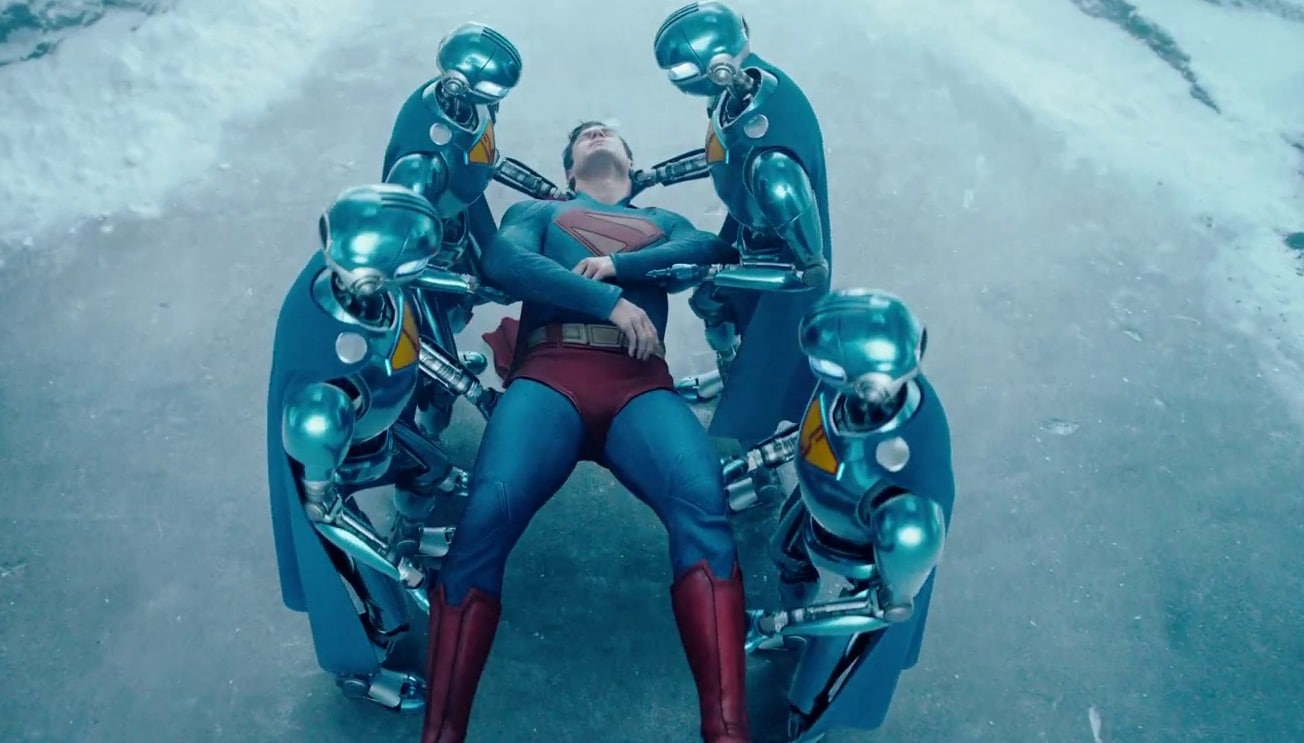
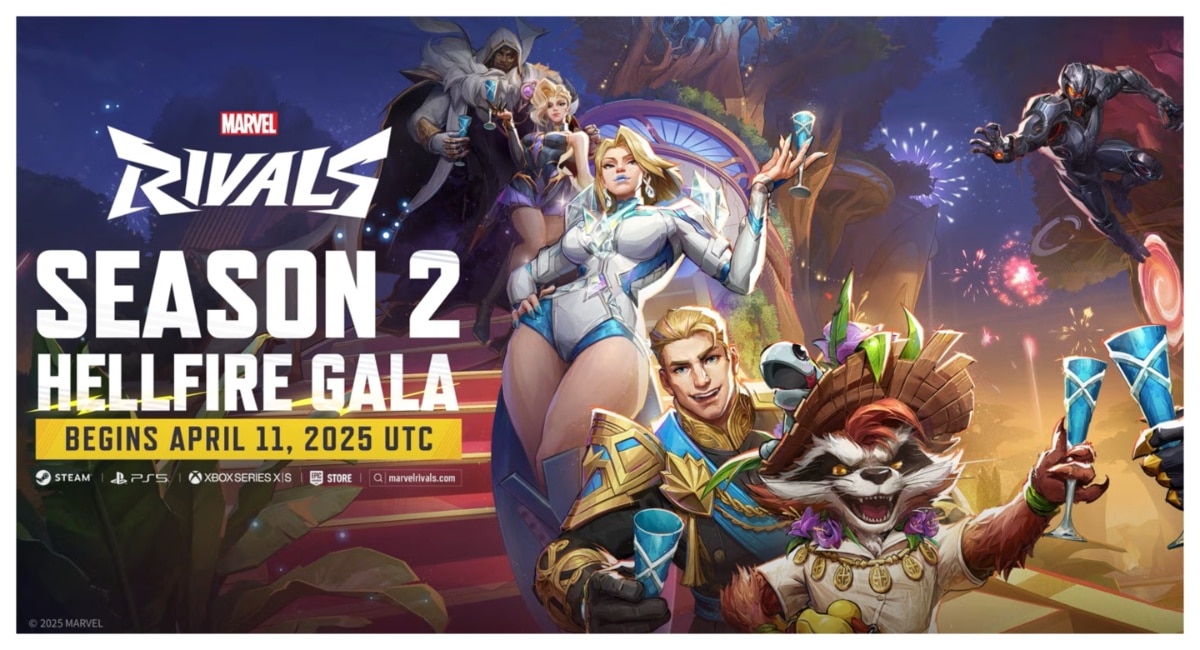
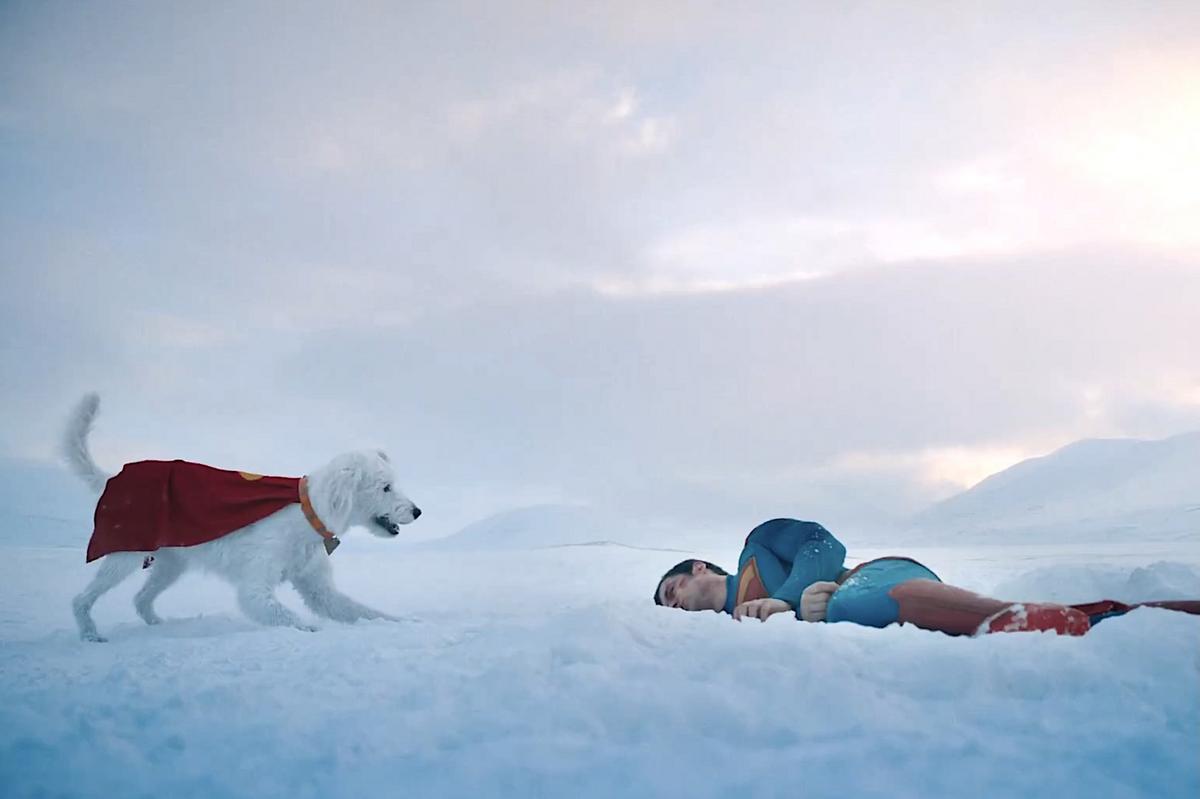

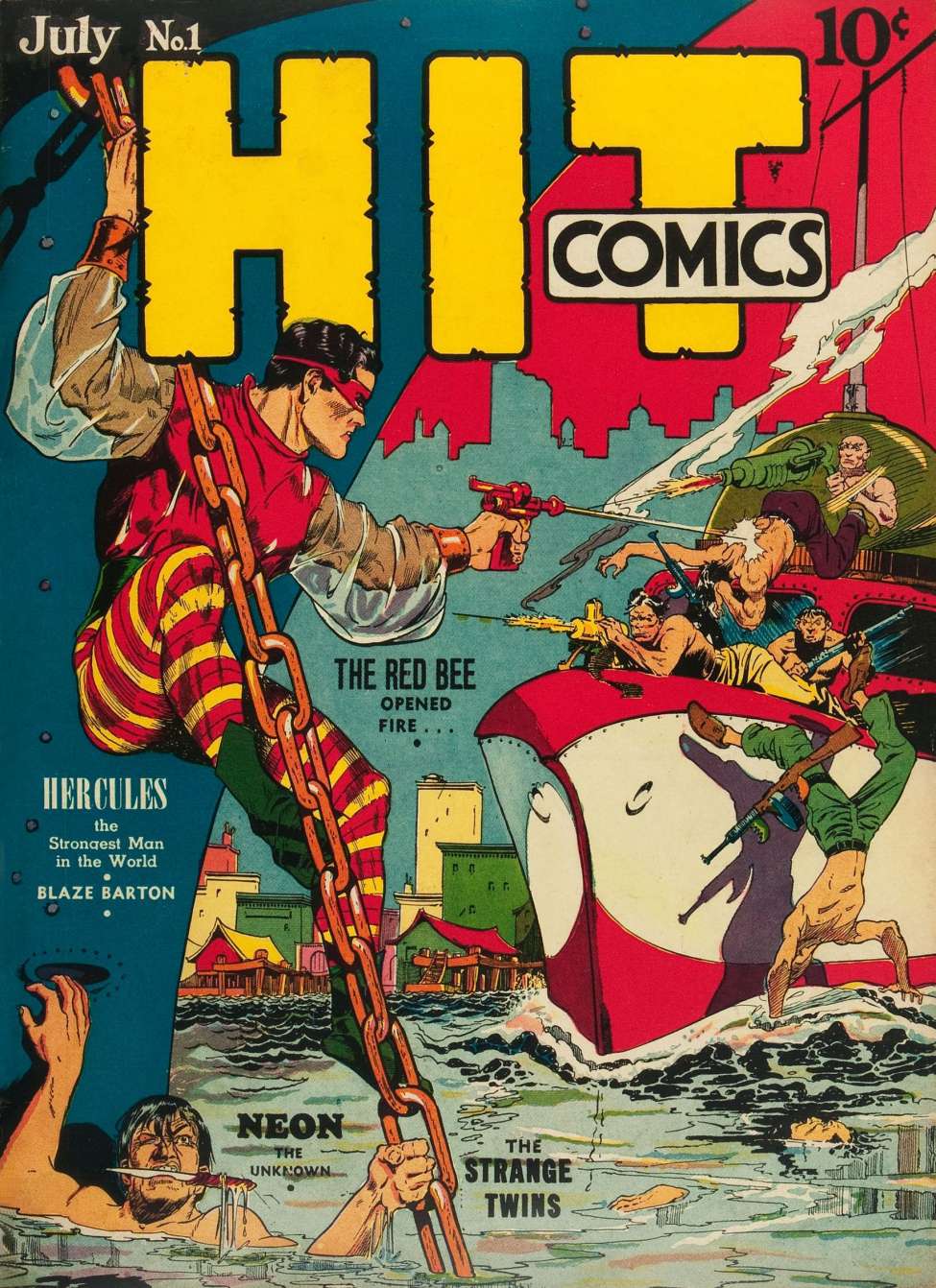

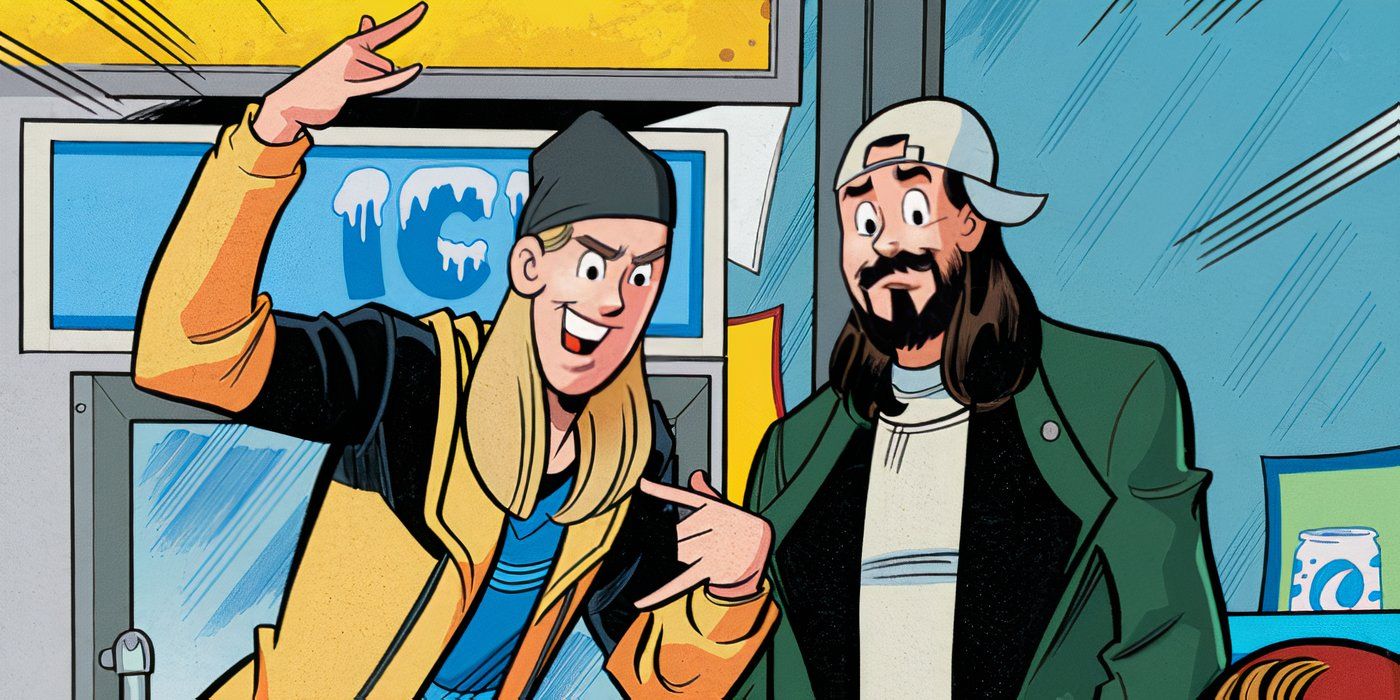


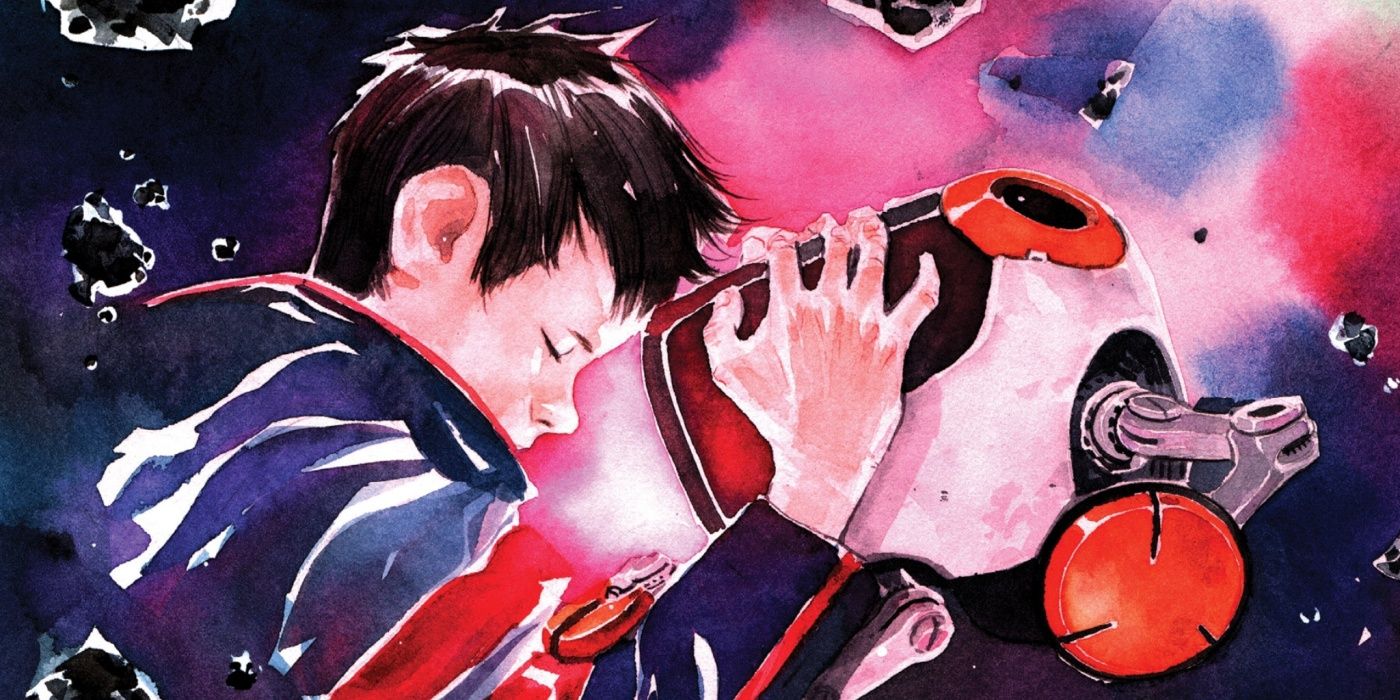

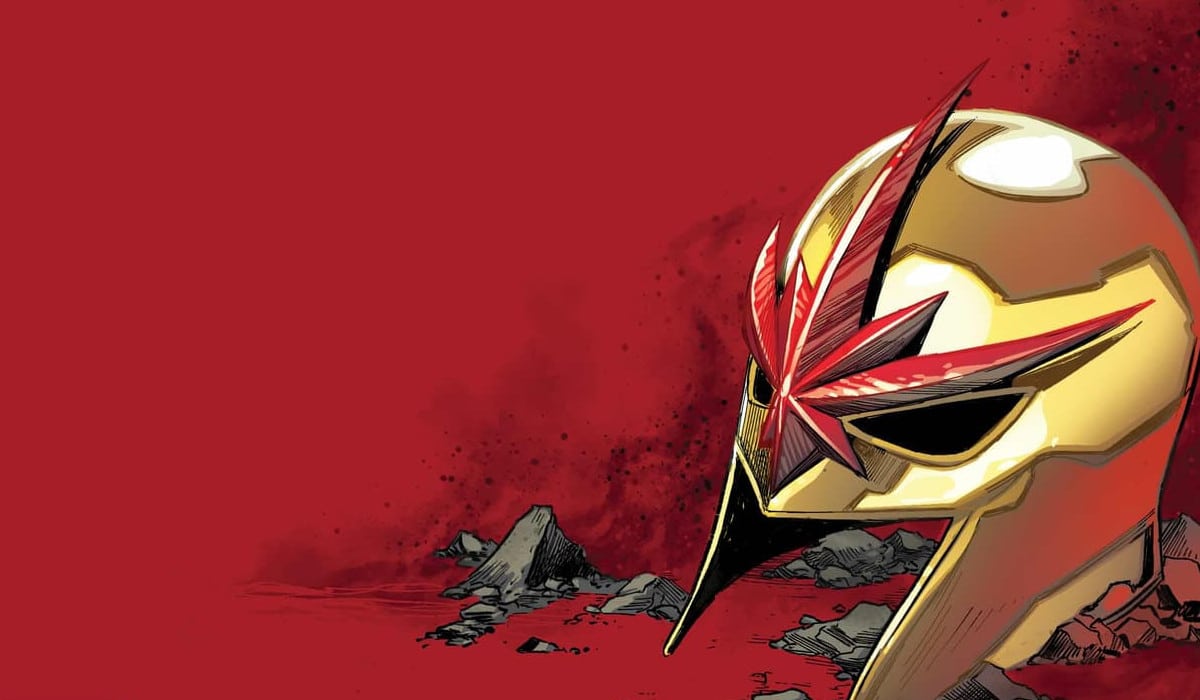
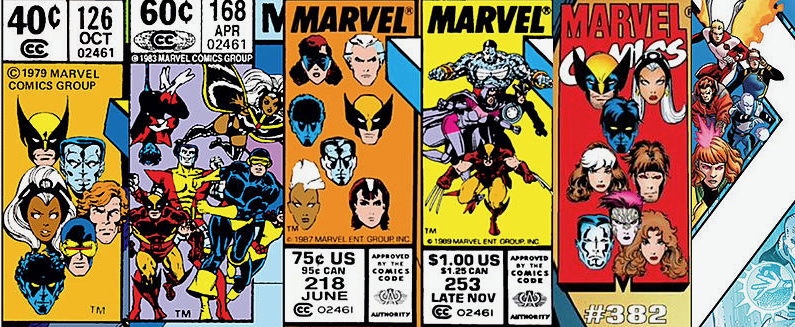


 English (US) ·
English (US) ·